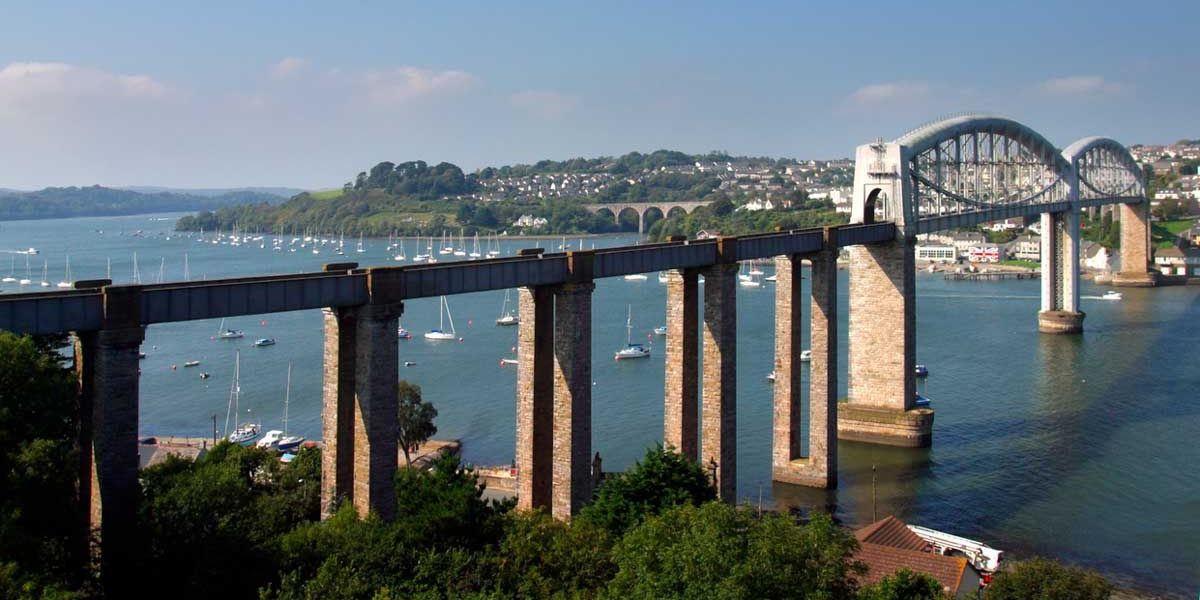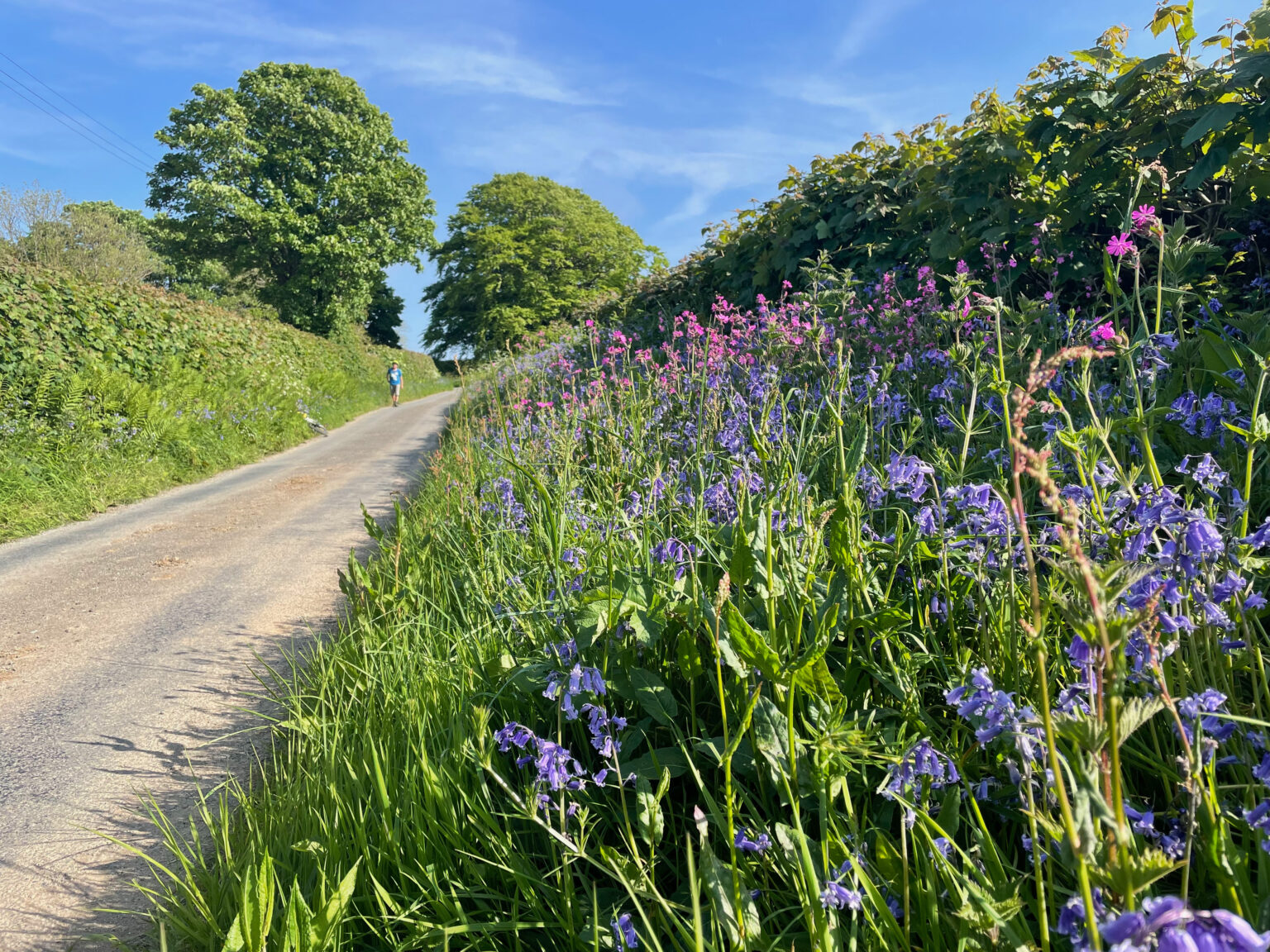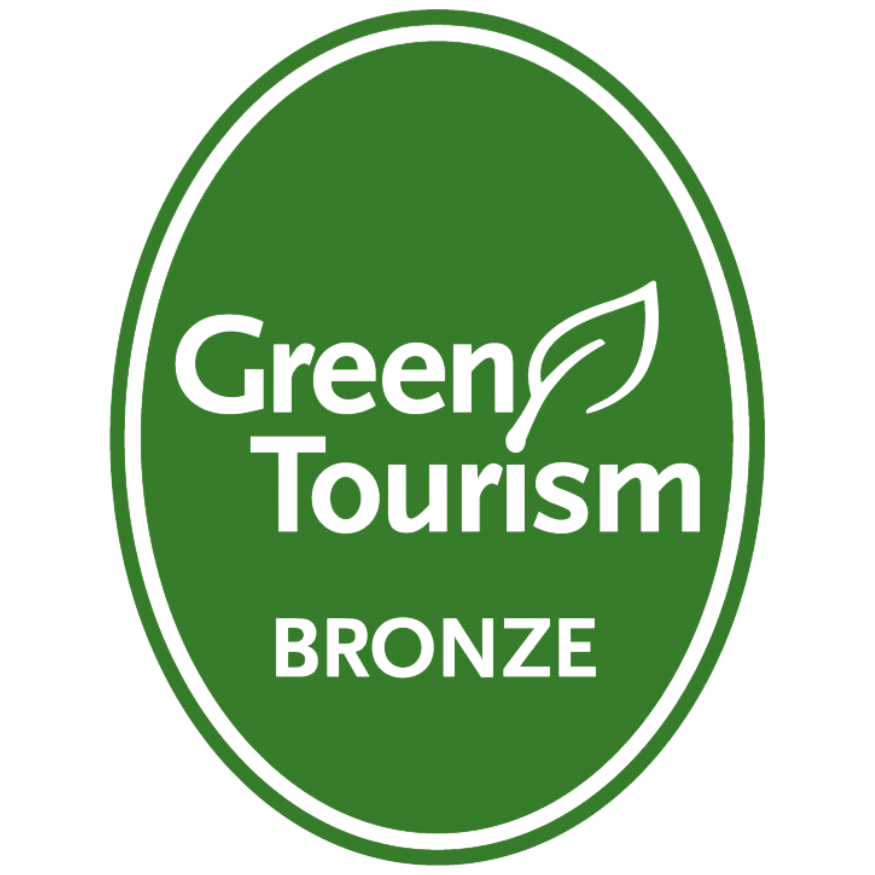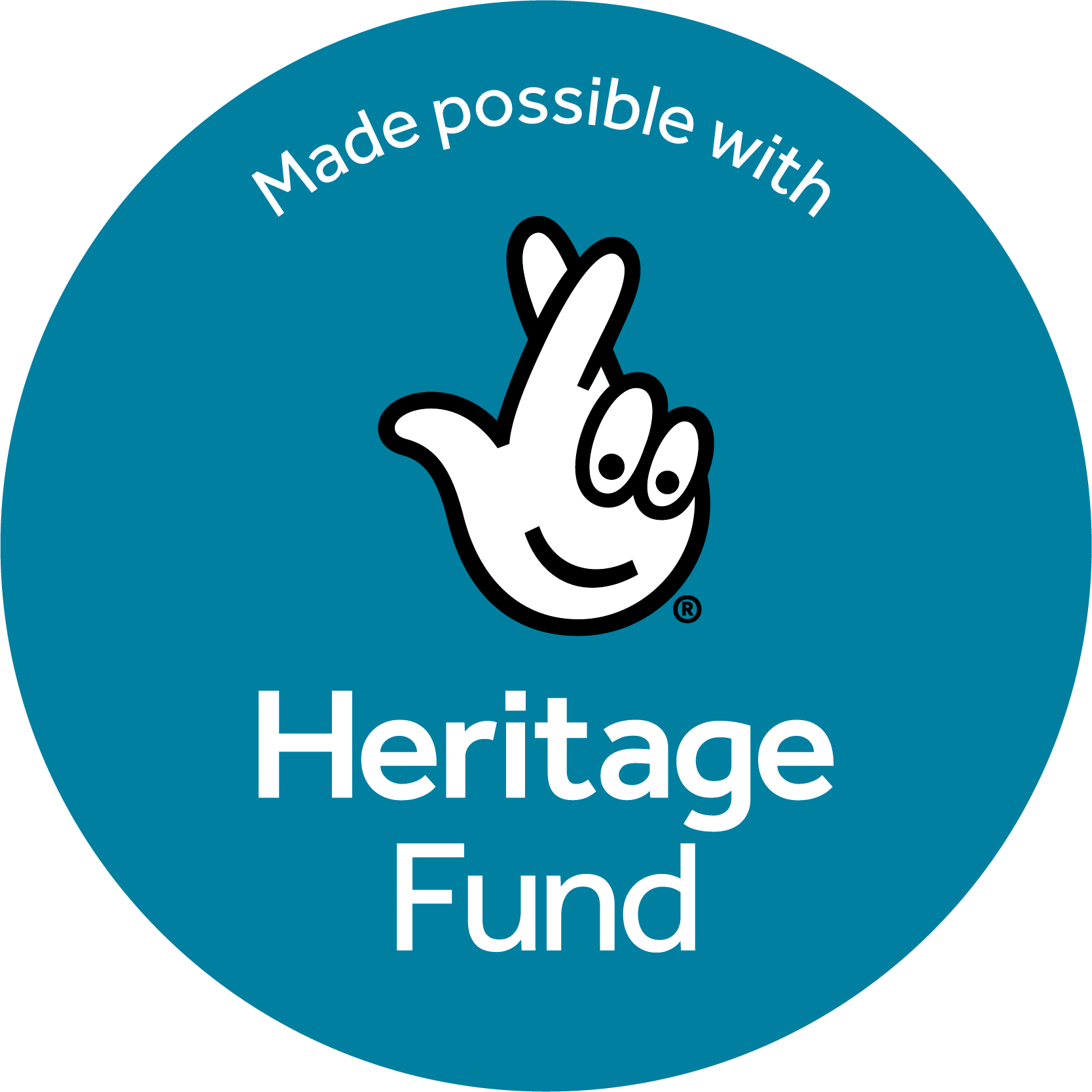Working with the Travel Trade means working with anyone who operates between you as the supplier, and the customer as a tourist. In practice it means teaming up with a host of independent businesses operating globally using various channels through which customers can buy your products and experiences. Sounds good? Keep reading to find out more.
Who are these companies?
The travel trade consists of a network of independent travel distributors or intermediaries operating globally. They work through various channels allowing consumers to buy your products or experiences. Each intermediary plays a distinct role in the customer’s planning and booking process and is especially useful if your business aims to reach international markets.
Why is it good to work with the Travel Trade?
Because travel distributors collaborate with advisors all over the world, your business can reach a wealth of new customers far beyond what you could hope for using your own website and marketing budget. Distributors include tour operators, destination management companies, online travel agents, ground handlers, and wholesalers. Here’s a bit more about each one:
Tour Operators
Tour operators distribute travel products directly to consumers via their website or shop-front location. Or they do so indirectly via travel agent networks. They might purchase products via a wholesaler or destination management company. Or they might buy direct from tourism businesses like yours. They also package, market, and sell holiday programmes and itineraries to consumers. What’s more, many are trusted brands in the market. They are often specialists in certain activities or markets, for example, walking holidays or Southwest UK respectively. More generalist tour operators sell different types of holidays in multiple destinations. Most of them will have pre-made holiday packages, but some will also provide tailor-made packages on request.
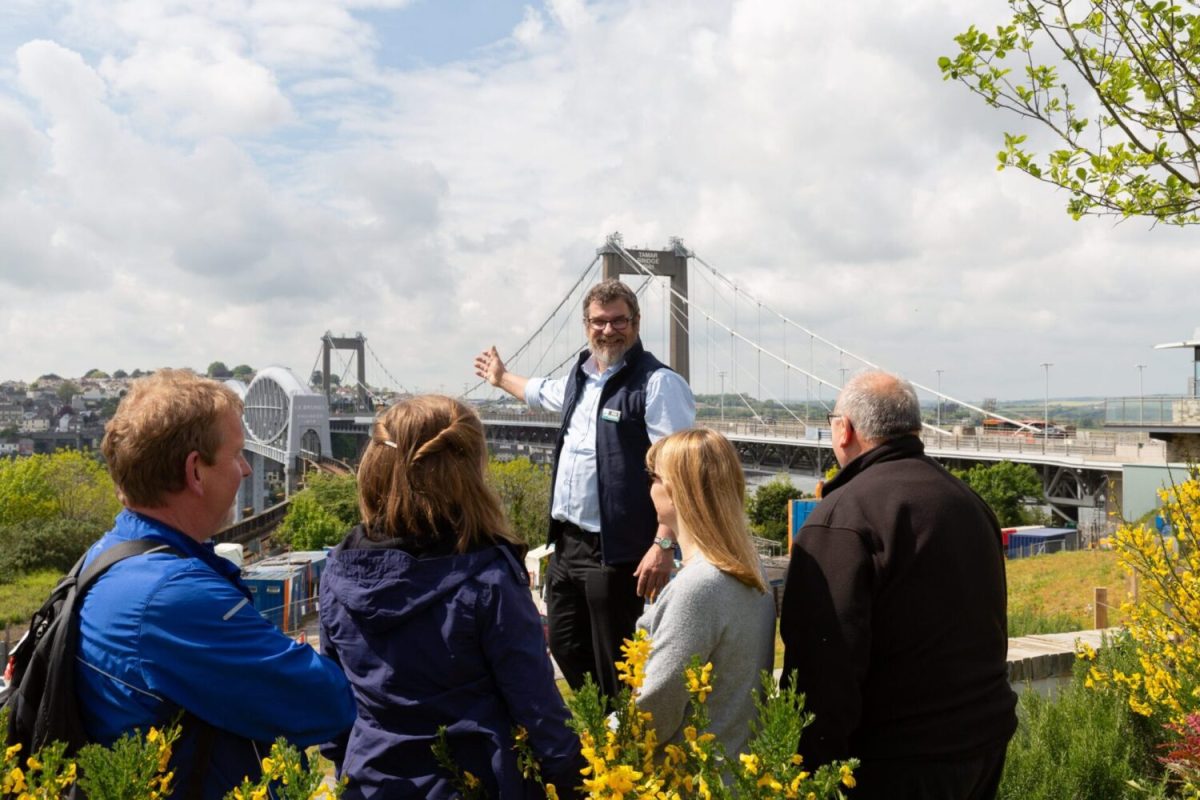
Destination Management Companies (DMCs)
These specialise in the organisation, management and logistics of travel experiences. They typically offer a range of services tailored to the needs of individual travellers, groups, businesses, or travel agencies. The services can include itinerary planning, transportation, accommodation arrangements, guided tours, event management, and more. DMCs leverage their local expertise, networks, and knowledge to provide seamless and memorable travel experiences for their clients.
Online travel agents (OTAs)
These agencies allow visitors to buy a single product or an entire holiday package from their websites. They will often bundle your product or experience with those of others creating a whole holiday experience. Here are some examples of OTAs.
Viator, Booking.com and Expedia, plus Get Your Guide and AirBnB who dominate the tours and attractions scene in both Europe and the UK.
Also included in this category are the likes of Visit Britain Shop and of course Visit Tamar Valley.

Advantages of working with OTAs
- Reach. Typically these organisations will have a sizeable, engaged audience at their fingertips, and a much greater volume of website visitors.
- Marketing capability. As specialist marketers they’ll use a raft of techniques to reach customers, with marketing budgets to ensure effectiveness. They will deliver a range of targeted campaigns throughout the year, appealing to a wide variety of customers and interests.
- Trust. These organisations are likely to be highly recognisable as a brand that buyers can trust.
Top Tips for working with OTAs
Register with each OTA in turn, even if you use a channel manager. When you do so, bear in mind that terms, conditions and cancellation policies will vary so its important to read each one thoroughly.
Build a rapport with your account manager so that you can get the most out of the relationship.
Make sure you have in-date Public Liability insurance.
Remember…
OTAs commission rates are typically 20 to 30 percent. However, you’ll only pay a commission when a booking is made. Check with your account manager whether the rate is negotiable and remember the commission means you don’t have to run a marketing budget of your own.
Ground Handlers
These are organisations that provides various services and logistical support to tourists and travel operators at a destination. They typically work behind the scenes to ensure that travel arrangements run smoothly and efficiently. Their responsibilities may include airport transfers, transportation services, hotel accommodations, tour arrangements, ticketing, and more. They play a crucial role in facilitating seamless travel experiences for tourists, ensuring that their needs are met and that their time at a destination is enjoyable and hassle-free.
Wholesalers
Wholesalers are usually located overseas and in the market they sell to. They link tourism businesses with travel advisors and don’t sell directly to consumers. They provide travel packages comprising two or more products supplied by different operators or agents and publish these packages in brochures.
Wholesalers don’t handle flights for their clients, that’s the job of the tour operator or agent and it means that the ATOL scheme protects consumers. However, they often specialise in specific segments such as adventure travel or the over 50s market.
Read more about ATOL at caa.co.uk.
What can I sell through the Travel Trade?
You can sell various “bookable products.” These include leisure, business, or special interest categories. These could include hotel accommodations, self-catering cottages, private tours, dining experiences, attractions, transportation services, activities, or any combination of these.
What are Travel Trade distribution channels?
Travel distribution methods vary across different markets, but they commonly involve specific channels and online platforms, as well as providing services through physical retail outlets.
To sum up, the Travel Trade is a great channel to use when planning for your business’s future direction. It enables wider exposure of your business and products to the tourism industry and in doing so provides a degree of predictability to help with business forecasting. Visit Tamar Valley is delighted to answer any questions you might have about this article. Please email marketing@visittamarvalley.co.uk
Visit Tamar Valley also runs workshops on this and associated topics. More information can be found here.

